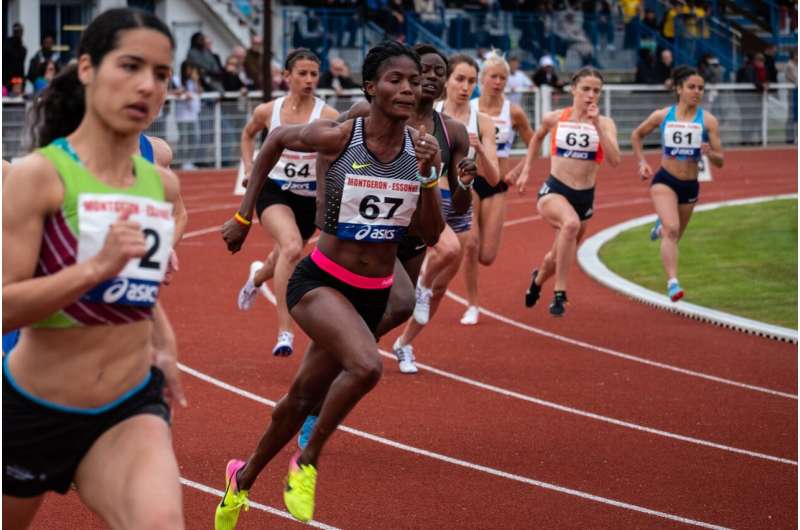Research Shows Female and Male Elite Athletes' Heart Adaptations Differ Significantly

New research reveals distinct differences in how female and male elite athletes' hearts adapt to intense training. Understanding these differences improves diagnosis and protection against heart disease.
Recent research from Amsterdam UMC has shed light on how the hearts of female elite athletes adapt differently compared to their male counterparts. While male athletes typically exhibit a thickening and dilation of the heart muscle, female athletes predominantly experience dilation of the heart chambers, with only limited thickening of the heart tissue. These differences are crucial for identifying what constitutes normal cardiovascular adaptation in athletes versus signs of potential heart disease.
Using MRI scans to study 173 female elite athletes, researchers observed that their heart chambers become wider, but the heart muscle thickens only mildly, maintaining normal tissue characteristics. In contrast, male athletes often develop a significantly thicker heart muscle, which can sometimes resemble pathological changes. Recognizing these sex-specific differences in cardiac response is vital for accurate interpretation of sports-related heart adaptations and avoiding misdiagnosis.
The study emphasizes the importance of including biological sex in cardiovascular assessments for athletes. It also highlights that the type of sport influences heart adaptation: endurance sports like cycling lead to larger heart chambers and more muscle mass in women than strength sports such as gymnastics. This nuanced understanding helps clinicians better distinguish between healthy, sport-related changes and early signs of heart disease.
Despite ongoing efforts to acknowledge biological differences, women remain underrepresented in heart research, particularly in sports cardiology. Understanding how female hearts adapt to intensive training is essential for providing personalized health guidance and safeguarding athletes' heart health.
Source: Medical Xpress
Published in the European Heart Journal—Cardiovascular Imaging, this study underscores the importance of tailored cardiovascular evaluations for athletes based on sex and sport type, ultimately helping to better protect and guide both professional and recreational female athletes.
Stay Updated with Mia's Feed
Get the latest health & wellness insights delivered straight to your inbox.
Related Articles
Climate Change Exacerbates the Severity of Sleep Apnea
Research links rising global temperatures to increased severity and prevalence of sleep apnea, highlighting the health and economic risks of climate change on sleep health worldwide.
New Insight into Brain Circuits Offering Potential for Improved Pain Relief
Scientists have uncovered a neural pathway in the brain that controls pain suppression during fear, offering promising avenues for better pain management therapies.
Innovative PET Imaging Technique Enables Simultaneous Visualization of Three Radiotracers
A new advanced PET imaging method allows for the simultaneous visualization of three radiotracers in a single scan, enhancing diagnosis and treatment monitoring for complex diseases like cancer.



